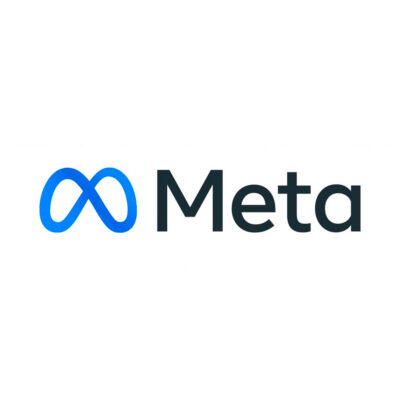Compare Models
-
RedPajama
RedPajama-INCITE-7B-Instruct
FREEThe RedPajama project aims to create a set of leading open source models. RedPajama-INCITE-7B-Instruct was developed by Together and leaders from the open source AI community. RedPajama-INCITE-7B-Instruct model represents the top-performing open source entry on the HELM benchmarks, surpassing other cutting-edge open models like LLaMA-7B, Falcon-7B, and MPT-7B. The instruct-tuned model is designed for versatility and shines when tasked with few-shot performance.The Instruct, Chat, Base Model, and ten interim checkpoints are now available on HuggingFace, and all the RedPajama LLMs come with commercial licenses under Apache 2.0.Play with the RedPajama chat model version here – https://lnkd.in/g3npSEbg -
OpenAI
text-davinci-003
$0.02Text-davinci-003 is recognized as GPT 3.5 and is a variant of the GPT-3 model. While both Davinci and text-davinci-003 are powerful models, they differ in a few key ways. Text-davinci-003 is a newer and more capable model explicitly designed for instruction-following tasks. Text-davinci-003 was trained on a more recent dataset containing data up to June 2021. It can do any language task with better quality, longer output, and consistent instruction-following than the Curie, Babbage, or Ada models. Text-davinci-003 supports a longer context window (max prompt plus completion length) than Davinci.For those requesting the OpenAI’s API, GPT-3.5-turbo may be a better choice for tasks that require high accuracy in math or zero-shot classification and sentiment analysis than text-davinci-003. To note, GPT-3.5-turbo performs at a similar capability to text-davinci-003 but at 10 percent the price per token. OpenAI recommends GPT-3.5-turbo for most use cases. -
OpenAI
text-embedding-ada-002
$0.0001An embedding API model, such as Ada, is a powerful tool that converts words into numerical representations, enabling computers to understand and process natural language more effectively. This process is crucial for developing machine learning algorithms and artificial intelligence systems that can interact with humans, analyze text, or make predictions based on text. OpenAI’s text embeddings is built for advanced search, clustering, topic modeling, and classification functionality.Access is available through a request to OpenAI’s API. -
OpenAI
Whisper
0.006Whisper is an automatic speech recognition (ASR) system capable of transcribing in multiple languages as well as translating them into English. With Whisper, you can easily transcribe speech into text, allowing you to capture conversations and meetings for future reference. And if you need to communicate with someone who speaks a different language, Whisper can help with that too — it can translate many different languages into English, making it easier than ever to bridge the gap and ensure that everyone is on the same page.
Whisper is a general-purpose speech recognition model. It is trained on a large dataset of diverse audio and is also a multitasking model that can perform multilingual speech recognition, speech translation, and language identification. The speech to text API has two endpoints (transcriptions and translations) and file uploads are currently limited to 25 MB, and the following input file types are supported: mp3, mp4, mpeg, mpga, m4a, wav, and webm.






